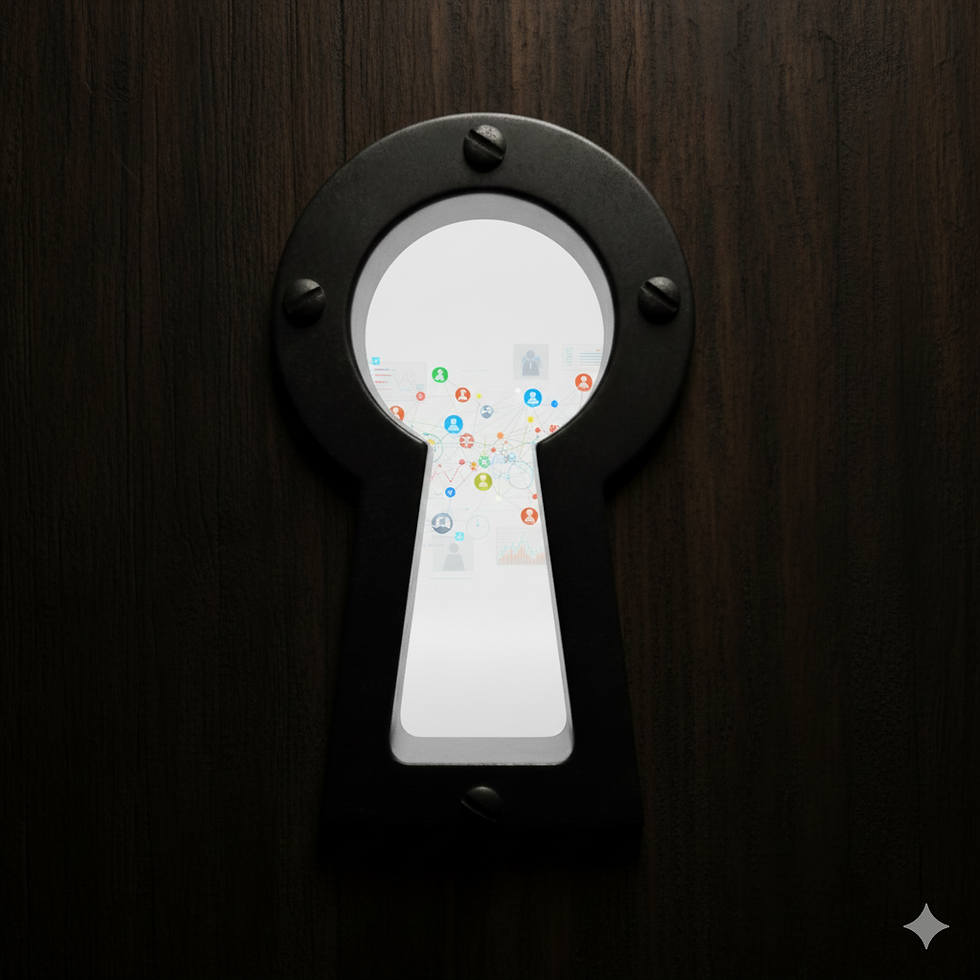
ACCESSIBILITY, ADVANTAGES USER RESEARCH, RESEARCH, UX FOR GOOD
UX for Good With INCLUSYS: How We Learned to Better Understand Barriers in Everyday Life
2
MIN
May 8, 2025
As part of this year's ‘UX for Good’ initiative, we collaborated with INCLUSYS on an exciting user research project. The goal was to find out how people with cognitive impairments, especially those with limited time awareness, can be better supported in their everyday lives.
INCLUSYS is developing an innovative time management tool consisting of a smartwatch and a tablet app designed to help people with autism, ADHD, learning disabilities or other impairments to better understand and structure the concept of time. The study focused on the tablet app.
Special features of the target group
For us as a research team, this meant immersing ourselves in a reality that was initially foreign to us. We had to rethink our methods and intensively engage with cognitive impairments, assistive devices and the everyday lives of potential users. The originally planned method of classic individual interviews reached its limits and required us to be flexible. We therefore switched to pair interviews and allowed more freedom for exploration instead of strictly following predefined scenarios. This enabled us to focus more on the everyday lives of the participants, combined with classic face-to-face interviews and usability tests where possible.
Findings from the project
We were particularly struck by the wide range of difficulties in dealing with time, which was much greater than initially assumed. The challenges ranged from difficulties with punctuality despite an understanding of time to fundamental problems with telling the time.
These observations made it clear how individual the requirements for our research methods had to be. While some participants needed very structured processes, others were hardly accessible using traditional methods due to high distractibility, e.g. in cases of severe ADHD.
This showed us how important it is to make research adaptive and individual. Testing in familiar surroundings proved to be extremely useful, as it allowed participants to concentrate fully on the app.
During the interviews, we discovered a variety of individual strategies that people use to orient themselves in everyday life. The INCLUSYS app received a lot of positive feedback. The simple design of the tablet app was praised, as was the idea of making time visually tangible. Although the smartwatch concept was only touched upon, it was perceived as suitable for everyday use and supportive.
At the same time, it became clear that the app currently only covers some of the needs. It is strongly geared towards regular daily routines, a concept that works for many, but not all. In addition, many participants expressed a desire for a feature to share content with friends, relatives or carers.
Recommendations and outlook
Our overall conclusion: The INCLUSYS concept has great potential. It already works very well for certain target groups, and with targeted further development, it could help many more people. We recommend:
Greater differentiation according to target groups with different needs
Operating logic that is primarily designed for carers and includes a simplified view for those affected
Expansion of the share function for social support
Further development with regard to irregular daily routines
Strong teamwork
A project like this can only work with a strong partner – and we had that in INCLUSYS. The collaboration was open, productive and characterised by mutual trust. We would also like to express our special thanks to Kai Meixner, who took on the recruitment of participants on a pro bono basis and thus made this project possible. We are delighted that this project has enabled us to contribute to a better understanding of digital barriers – and perhaps even to break them down.
More about UX for Good: https://www.uintent.com/de/case-studies-und-blog/ux-for-a-better-world-lottery
More about INCLUSYS: https://INCLUSYS.de/
More about Kai Meixner: https://www.mercatus-est.de/
RELATED ARTICLES YOU MIGHT ENJOY
AUTHOR
Caroline Eckerth
Since 2021, Caroline is a UX Consultant and Co-Owner at uintent. Her career journey and her background in psychology have equipped her with a profound understanding of user needs and behaviors. 🕵️♀️
She is an expert in mixed-methods approaches and international research projects. She is mainly responsible for usability tests in the automative industry and addresses the topic of accessibility. Caroline sits in our Munich office.



















.png)

